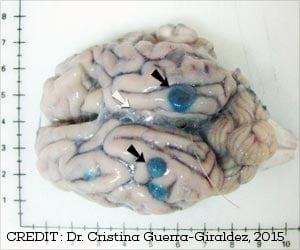Mice model which produced small quantities of Interferon 1 kills the bacteria without harming the human health.
Researchers from Flanders Interuniversity Institute for Biotechnology are finding out the mechanism behind bacterial resistance from studying certain mice which had the capacity to resist bacterial infection. The researchers are using this mice model to find out new therapeutic pathways which could help in treating bacterial infections.
Bacterial infections are the most common infection which affects people in all age groups mostly affecting the immune compromised. There as been an increase in bacterial resistance to antibiotics which is a real cause of concern, nosocomial infections are also increased and these hospital acquired strains are the most antibiotic resistance than the normal strains.Researcher Tina mahieu and her colleagues found that certain mice are not so sensitive as the normal mice to immune stimulus and producing increased amount of Interferon 1 immune response causing an inflammation which can cause lethal shock. They studied the mice which produced only a small amount of Interferon 1 compared to ordinary mice which still recognizes the bacterial antigens and kills them but does not lead to inflammation reaction and adverse reaction on human health. Researcher’s feels that these mice model would help in finding out the mechanism involved in immune protection in animals and would help in finding newer therapeutic approaches to combat bacterial infection.





